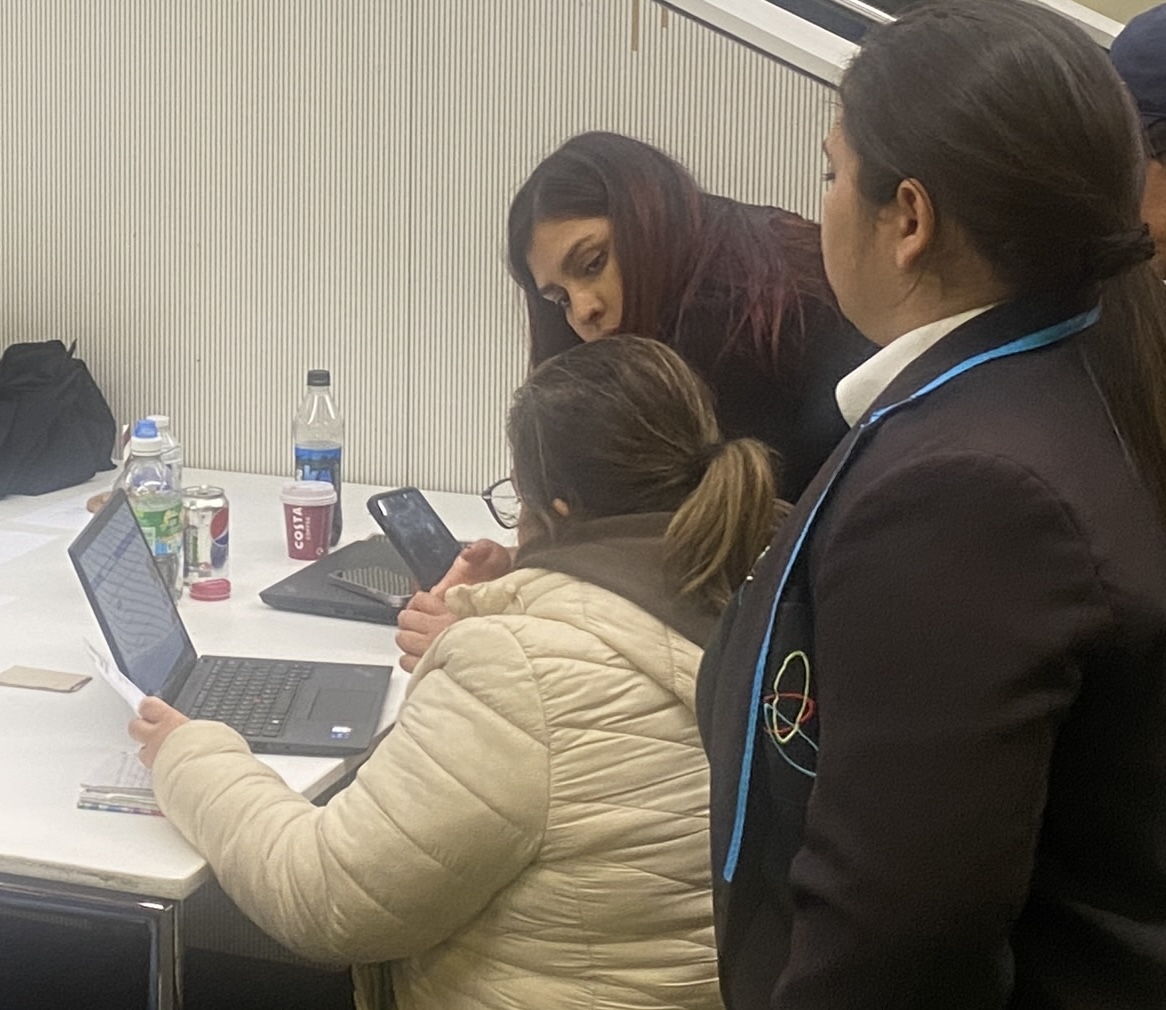How Digital Champions are helping one of the most deprived boroughs in London “make every contact count” and weave digital inclusion through all it does.
The background: every contact counts
Brent is one of the most diverse boroughs in London and recognises the impact digital exclusion has on low-income communities or on those dependent on assistive technology to access digital services.
The council wants to ensure everyone has the right tools and skills in three main areas: digital technology, connectivity, and accessibility. It is committed to helping every resident improve their digital skills so that no one gets left behind with the rapid changes in technology.
Residents are encouraged to sign up to free digital skills courses and pop into libraries to get help with computer access from the customer services teams or to learn specific skills, like how to use self-service library kiosks or to apply online for free school meals. Residents can also be sign-posted to other digital services, like device loans schemes or further skills courses.
Brent’s Digital Inclusion initiative sits within the Digital Transformation Services and is championed by Councillor Muhammed Butt, Leader of Brent Council.
The Role of Champions
When it comes to helping residents with digital technology, Brent tackle the challenge in four main areas: devices, skills, connectivity and motivation.
To help with the skills piece, they joined the Digital Champions Network in 2020, and we reported on their progress back in 2022. By December 2023, they had nearly 200 Champions, with the aim to have 500 by 2025.
Champions are being rolled out across the borough in three stages starting with staff directly employed by the council, before reaching out to key partners and then to the Third Sector.
Step 1: Involve council staff
Who's involved?
They started engaging with frontline teams to explain the digital mission and encourage them to become Champions. But it wasn't until they got buy-in from senior management and it was put into contacts, that they really saw the numbers rise.
Finding the right people to step up as Champions has also been a learning curve. "Some of our most active Champions are the people who've been on a digital journey themselves" Brent say, highlighting the point that you don't need to be a digital whizz, and sometimes it's better if you're not.
But getting people who have struggled with digital themselves to stop struggling and feel confident enough to help others is a big step and it can take time.
Define Commitments
A crucial part of Brent's success has been getting digital inclusion into the job descriptions of all frontline staff. Their contracts specify a commitment:
- To be a digital champion providing skills support to learners, promoting digital skills development and confidence with your learners.
- To deliver frontline customer service duties including support with access to self service facilities and public computers. Whilst promoting, educating and supporting customers to confidently access services through digital means.
All staff are offered Digital Champion training, and you can see how this works in practice at Wembley Library.
Step 2: Collaborate with key partners
All councils have strong relationships with connected organisations, like schools and housing providers. As digital is not their focus, digital inclusion staff were often surprised by how keen many of them were to be involved. "They usually knew they wanted to do something but weren't sure how. There's lots more potential there than we first realised". For example, some schools hosted digital sessions for parents who were struggling to use technology to do things like apply for free school meals. "It's been really positive to see and an unexpected win from the early stages."
Step 3: Work with the Third Sector
This is a hugely beneficial collaboration, but it can also be delicate relationship, as cash-strapped councils are asking more and more of their charity partners. And as a representative from Brent says "no charity is really a digital inclusion community group. It's just an add on to everything they're doing already."
The core to this in Brent has been to start conversations early but not expect progress immediately. Two years ago, they bought together 40 organisations to start thinking about digital inclusion, now there are more than 100 in the group and the work that's been done building relationships and sharing ideas has laid a solid foundation for next steps.
Leading by example has also worked well in Brent: "it would be very wrong of us to say, you should do this, we're not going to." So the council might suggest running an event at which they'll provide nine Champions and see if the charity can also provide one.
Challenges
It's not all easy!
- You can't change a culture overnight and it needs lots of conversations and lots of trust before people engage!
- Though they make brilliant Digital Champions, it is hard to convince people with poor digital skills to go on the journey.
- It's difficult to deliver 1-2-1 sessions in this model, though Brent do fund skills classes and are looking at running drop-ins with staff volunteers.
Despite this, the steps Brent has taken towards being a digitally inclusive borough are enormous and we look forward to seeing what happens next!
Digital inclusion is a top priority for the council. It’s the only way to bridge the gap, so no-one gets left behind. I want all of our residents to have the skills to confidently use technology, to be self-sufficient in accessing online services, to access job opportunities and to get ahead.
Councillor Muhammed Butt
Leader of Brent Council
Every contact matters in action
What does implementing the strategy look like in practice?
A different way to do it
Kent County Council set up a network based on volunteer-run groups


